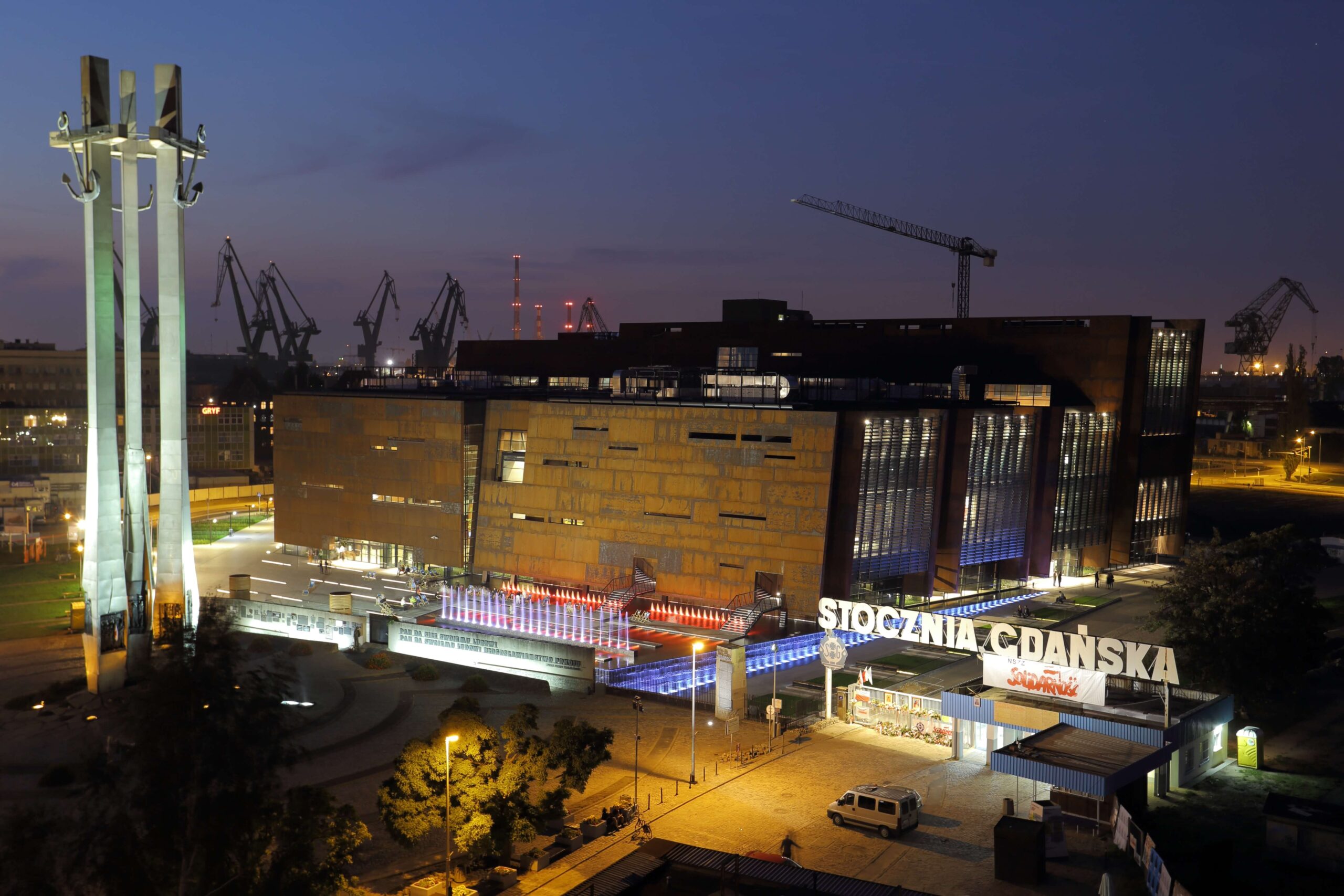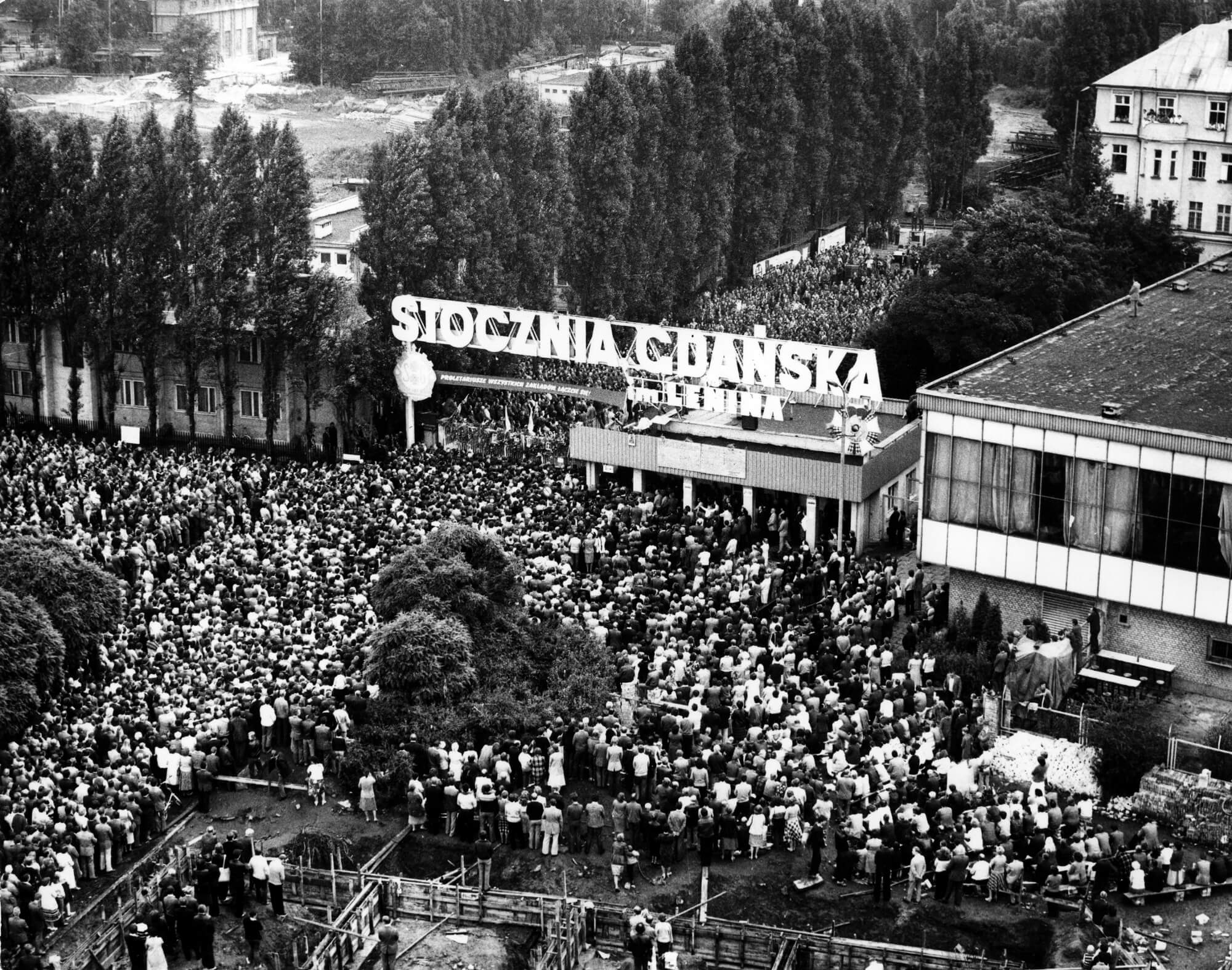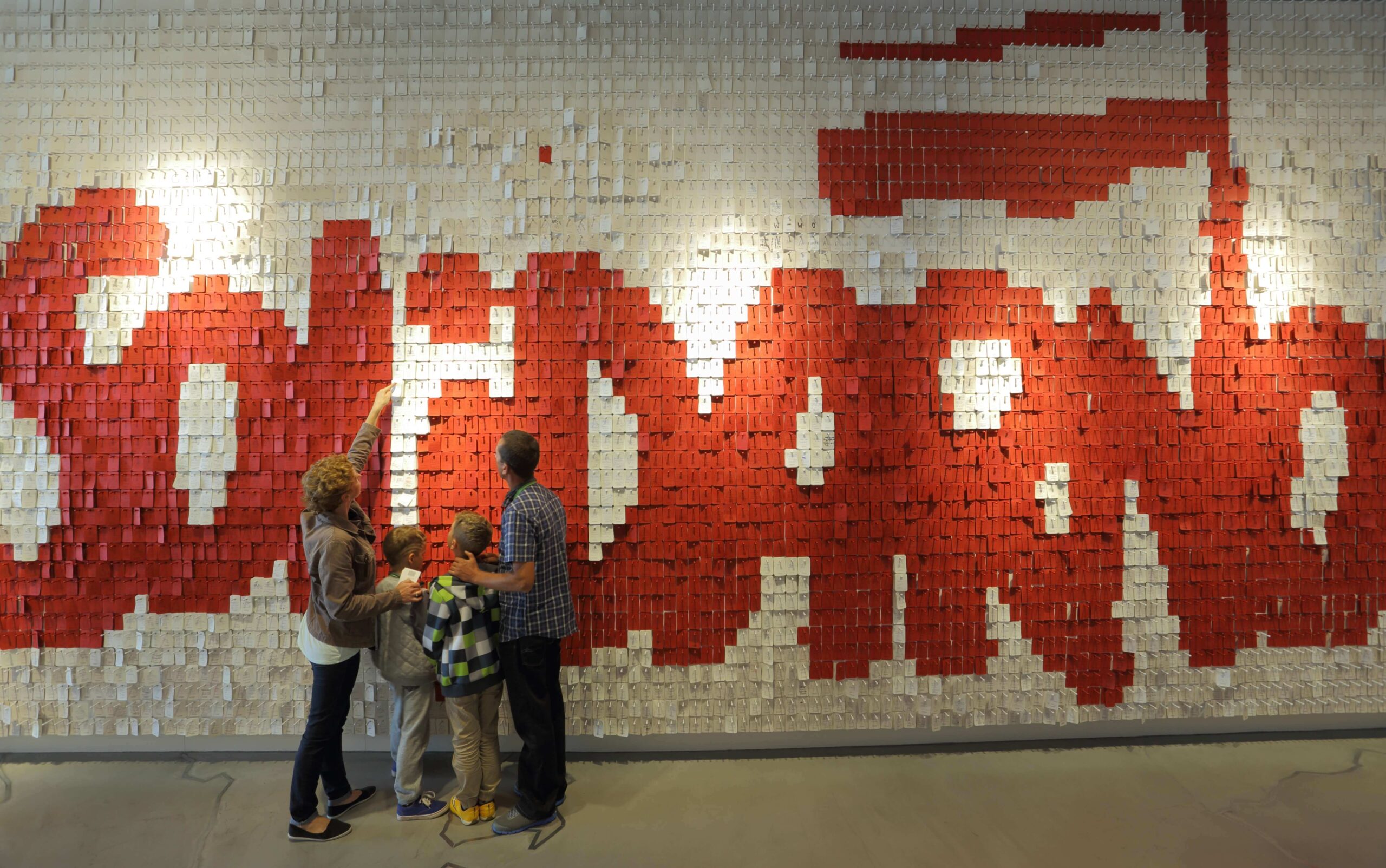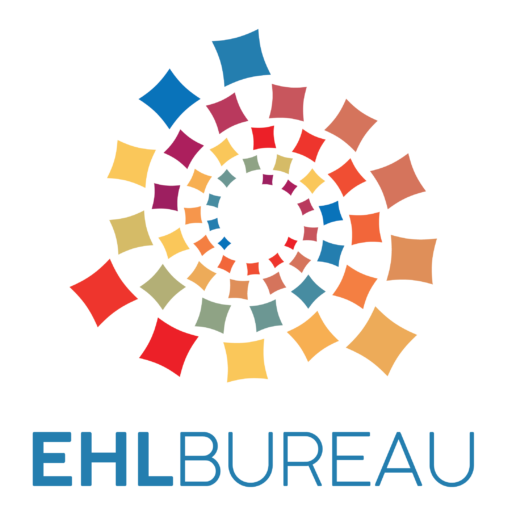This website uses cookies so that we can provide you with the best user experience possible. Cookie information is stored in your browser and performs functions such as recognising you when you return to our website and helping our team to understand which sections of the website you find most interesting and useful.
Historic Gdańsk Shipyard



The EHL Site
Gdańsk is a city in Poland where, in August 1980, one of the greatest peaceful revolutions started. Workers from the Lenin Shipyard – the largest shipyard in Poland at that time – refused to continue working in order to demand more civil liberties. After long negotiations, a compromise between strikers and communist authorities was reached. As a result of the Gdańsk Agreement, Solidarność/Solidarity came into existence, the first independent self-governing trade union in the Eastern Bloc. It was the beginning of a peaceful revolution that ended with the fall of communism in Eastern and Central Europe nearly a decade later.
Moreover, the Gdańsk Shipyard is a unique place for European history and identity. It witnessed the birth of two world wars that shaped the history of the 20th century. As the site of production for two German shipyards – one state-owned and one private – Gdańsk actively contributed to the power and innovations of German army. By the law of paradox, this same place became the birthplace of the largest social movement Solidarity, which initiated peaceful revolution that changed the face of post-war Europe.
It is the site of the European Solidarity Centre (ECS) headquarters – a contemporary agora, where the story of the power of peaceful dialogue and solidarity has inspired civic and pro-democratic action for nearly a decade now.
The ECS building is located within the premises of the historic Gdańsk Shipyard, near Gate No. 2, where Lech Wałęsa, a historic leader and later a Nobel Peace Prize laureate, announced creating Poland’s first trade union independent from the communist party. The building sits right opposite the Monument to the Fallen Shipyard Workers 1970 – the first memorial commemorating victims of the communist regime behind the iron curtain. The historic BHP (Health & Safety) Hall, where the Gdańsk Agreement was signed, is also located nearby.
European dimension
From the European perspective, the ECS is one of the most important projects that incorporate Poland’s fate into the collective European experience of history. One of the greatest successes of Solidarity was taking over power in Poland in 1989 without bloodshed. It was the culmination of a process that had started in August 1980 in Gdańsk. The negotiations at the Round Table in June 1989 brought about the first partially free election behind the iron curtain since WW II. It led to an increase in freedom movements throughout Central and Eastern Europe.
The organization
The European Solidarity Centre is a cultural institution created in 2007. Its long-term goals are: commemorating, preserving and popularising the heritage and idea of Solidarity, and anti-communist democratic opposition in Poland and other countries; inspiring new initiatives based on universal cultural, civil, union, local government, national and European ideals; sharing the achievements of the peaceful struggle for freedom, justice, democracy and human rights with those who are deprived of them, and to participate actively in the construction of a European identity, and a new international order. The European Solidarity Centre Founding Act was signed by 29 signatories, including 22 European prime ministers and presidents, in Gdańsk in 2005, on the 25th Anniversary of the Gdańsk Agreement.
The ECS is a public space, a venue for meetings of citizens who feel responsible for the development of democracy, and the zone for practising solidarity and citizenship. It is in line with the institution’s mission: “Discover history and decide upon the future”. Moreover, the institution conducts daily activities, deriving social energy from the experiences of August 1980, as presented at the permanent exhibition.
Since the opening, the ECS has been visited by nearly 7 million guests from Europe and the whole world. Due to its universal and continuously valid message of solidarity and the heritage of the culture of dialogue, this unique place is an important point of visit for official guests, with many presidents, prime ministers and heads of state coming to the Centre during their visits in Poland and Gdańsk.
